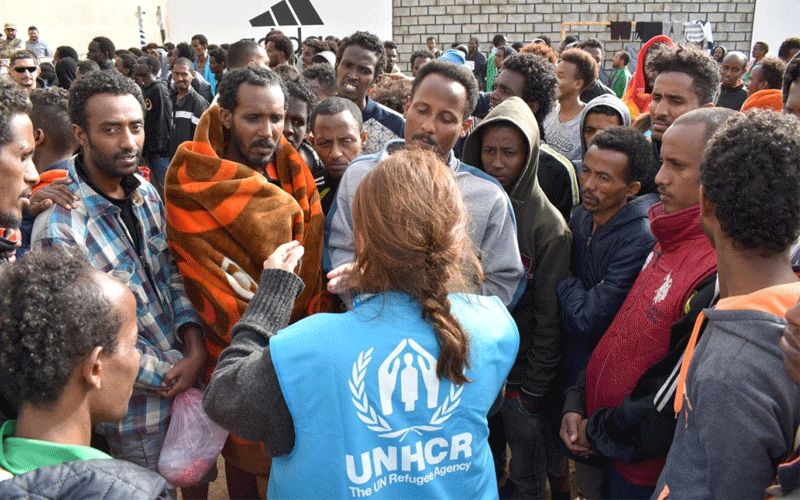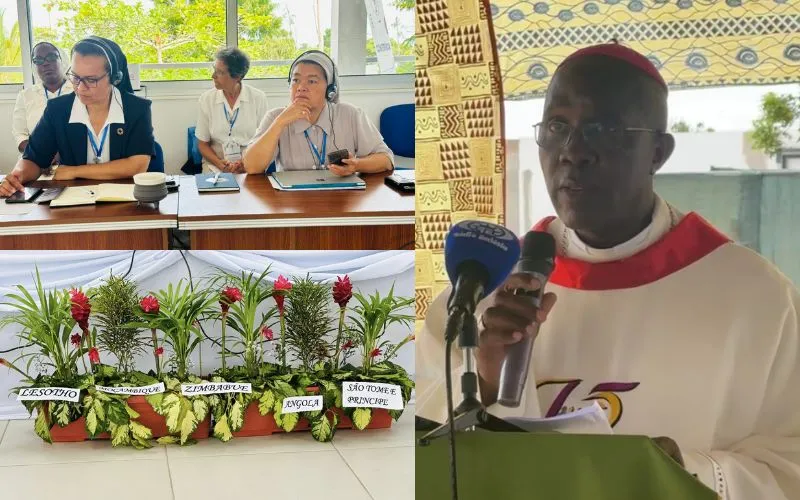Asmara, 11 September, 2020 / 10:02 pm (ACI Africa).
A Rome-based Eritrean Cleric known for his ministry with refugees and migrants crossing from North Africa to Europe has highlighted the plight of Eritrean refugees in neighboring Ethiopia who, he says, have been rejected and become “victims of exploitation, prostitution and deprivation.”
“Eritrean refugees in Ethiopia run the risk of being repatriated. The government of Addis Ababa no longer considers them in need of humanitarian protection,” Fr. Mussie Zerai has been quoted as saying in a September 10 report by Agenzia Fides.
Fr. Mussie, a native of Eritrea’s capital city, Asmara, adds, “Ethiopia no longer plans to welcome women, children and men fleeing the Asmara regime in refugee camps (unless they are somehow linked to the Eritrean armed forces).”
A landlocked country, Ethiopia is home to an estimated 769,000 Eritrean refugees fleeing persecution by the authoritarian regime of President Isaias Afewerki. The regime is characterized by indefinite forced national service, forced labor, and unlawful detention among other practices that manifest human rights violations.
A recent change of Ethiopia’s refugee policy has exacerbated the plight of Eritrean refugees in the country so that they seem no longer welcome to stay.








